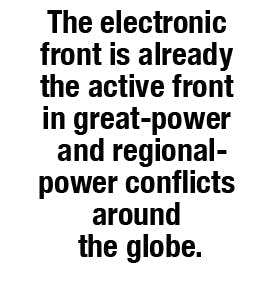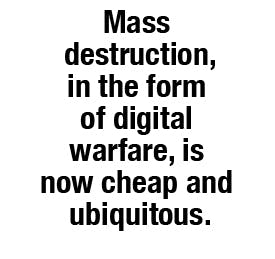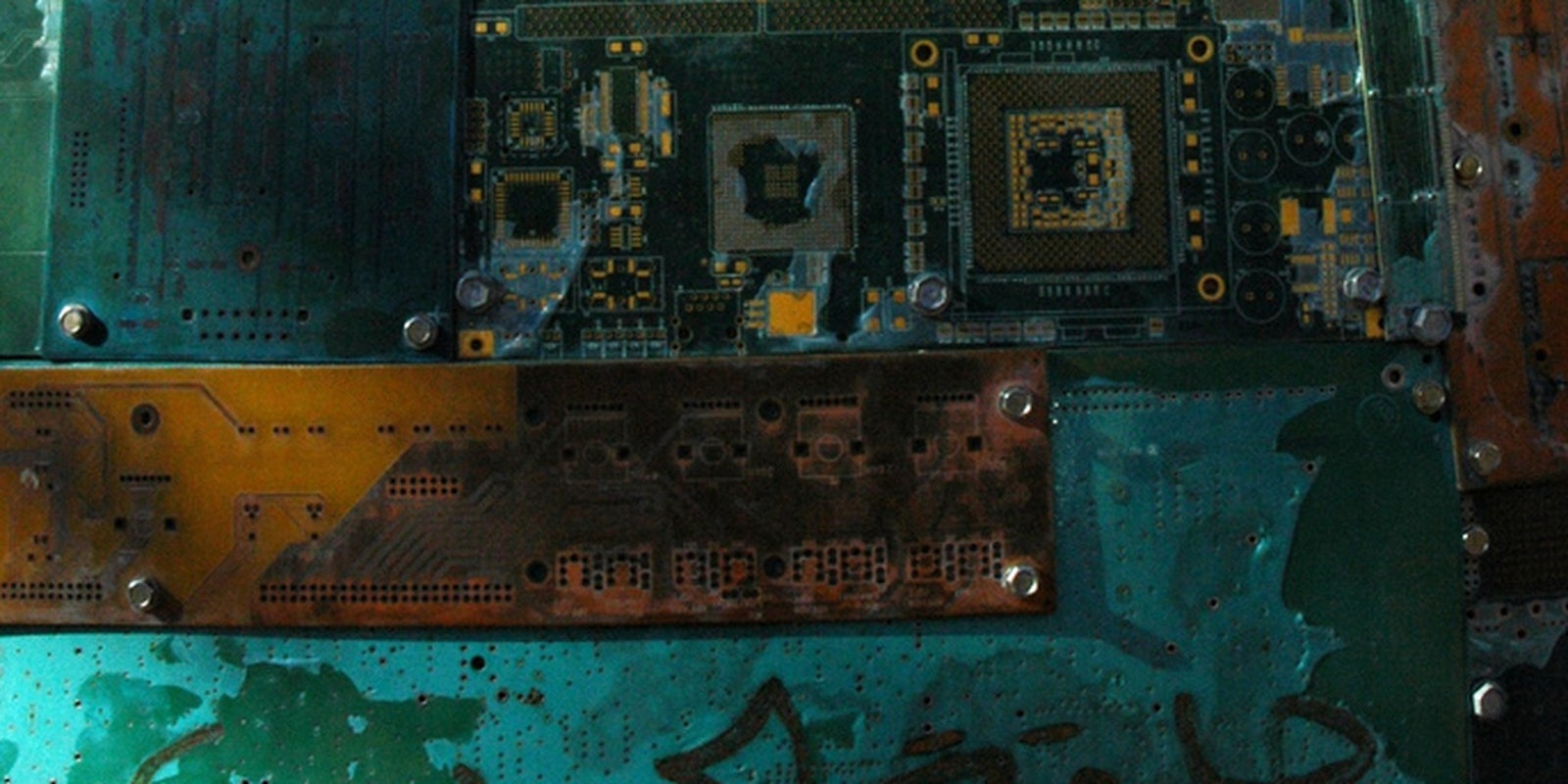For a few moments on April 23, the U.S. suffered an attack of 9/11 proportions—at least economically.
The Syrian Electronic Army got the password for the Associated Press Twitter account and (falsely) reported an explosion at the White House, injuring the president.
The hack was quickly detected and widely reported, but in the meantime, the Dow Jones Industrial Average lost about 1% of its value, representing a disappearance of about $150 billion on the New York Stock Exchange.
On 9/11, the U.S. suffered losses of life and property and production in excess of $100 billion, according to the Institute for the Analysis of Global Security. If you include stock market losses, the total cost of 9/11 approaches $2 trillion.

That is more than the April 23 AP hack, but it’s within an order of magnitude. To put it in cold economic terms: the return on investment is undoubtedly higher. After all, 9/11 required 19 hijackers willing to commit suicide and years of planning and investment to get them into position. Compare that to the infinitesimal cost and timing of a tweet.
It can be easy to dismiss economic losses, because they don’t feel as real as a war. After all, there are no explosions, no dead bodies, and—after that tweet, at least—the market bounced right back. But to ignore them would be a mistake. Far more people are alive at once today than there ever have been before because of the vast and complex economic edifice that we have built to support them. Shake those foundations and thousands can die from a dozen apparent causes that mask the ultimate cause.
Look at the Cold War—primarily an economic war, won on economic terms. The nuclear arms race crippled the Soviet economy, creating bread lines and heating shortages. The U.S. alone spent as much as $4 trillion on the nuclear arms race.
***
The electronic front is already the active front in great-power and regional-power conflicts around the globe.
It has now been widely reported that the U.S. is under constant cyberattack from China, and that U.S. has used computer viruses to attack Iran’s nuclear program.
In response, the U.S. government is urgently working on laws to deal with the new threat, while the international community is seriously thinking about options to address the issue of norms around digital warfare.
***
Since the Internet’s inception, enthusiasts have been inspired by the international, peer-to-peer network’s ability to level the playing field and empower the oppressed. But oppressive governments have wised up. Vietnam, for example, has not only arrested 33 bloggers, they’ve turned subversive blogs into disseminators of their malware.
We in the west are apt to pat ourselves on the back for our role in the Arab Spring. We built the Internet, after all; now it’s deeply involved in undermining oppressive regimes in the Middle East. But we shouldn’t be too proud of ourselves. We’re actually playing both sides, with western companies selling their Internet “security” services to oppressive governments in Iran and Syria.
***
The virtue of democracy and capitalism, we were taught, is that they end war. No two capitalist democracies have ever gone to war with each other.
 That may have been a bit of wishful thinking, I’m afraid. Democracy and capitalism—and now, the information economy—really just change the nature of war.
That may have been a bit of wishful thinking, I’m afraid. Democracy and capitalism—and now, the information economy—really just change the nature of war.
Weapons of mass destruction have a role to play too. The inventor of dynamite, Alfred Nobel, said, “The day when two army corps can annihilate each other in one second, all civilized nations, it is to be hoped, will recoil from war and discharge their troops.” We all know that didn’t happen.
Nuclear and biological weapons are tough to sell in a democracy. Their cost makes them less attractive to everyone. But digitization has had the same effect on mass destruction as it has on supply chains and copyright infringement. Mass destruction, in the form of digital warfare, is now cheap and ubiquitous.
Digital warfare is one of the dark sides of the Internet—alongside trolling and pedophile communities. Like any social ill, we need to figure out how to mitigate and eradicate it. The first step is admitting we have a problem.
Photo by Wonderlane/Flickr


